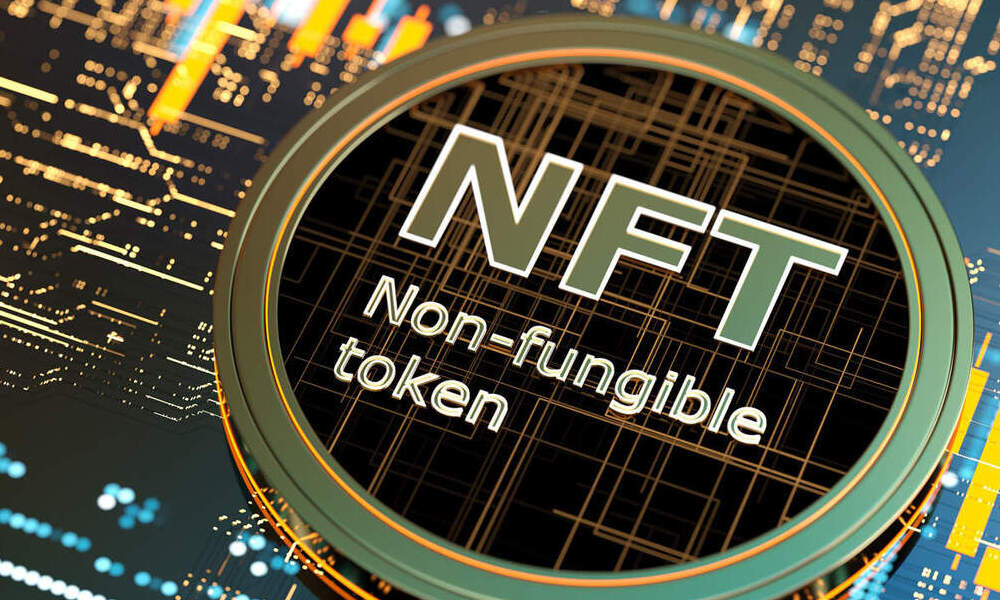
What is an NFT?
NFT stands for "nonfungible token", which, according to Investopedia, is a "blockchain asset with unique identification codes and metadata that distinguish them from each other". The key word in that definition is "unique". What makes NFTs different from cryptocurrencies is the fact that they are all different (or non-fungible), while cryptocurrencies are fungible or "identical to each other and, therefore, can be used as a medium for commercial transactions".
An easier way to explain the difference between cryptocurrencies and NFTs is this: cryptocurrency is a currency and NFTs are commodities. You can buy, sell, and resell almost anything in the physical world, and NFTs allow you to do that with digital assets. And because they are verifiable, thanks to the blockchain, they can be traced back to their source of ownership, which makes them ready to be commodified.
Think of it this way: an NFT is like a ticket to a concert. When you buy your ticket and print it, your name, date and event name are on the ticket. It can all be traced back to you. Your ticket is unique - someone may duplicate your ticket, but it won't work because your ticket belongs to you and works only for you, unless you decide to sell it to someone else, transferring ownership. NFTs work the same way.
In which sector will NFTs have the greatest impact?
In its current form, we are seeing the use of NFT in the collectible space, but I firmly believe that we will see NFT having the greatest impact in the gaming world.
Take Fortnite, for example. It's still one of the most popular video games on the planet, it's free. Fortnite makes most of its income through so-called micro-transactions. These micro-transactions involve things like "skins" or costumes that players can purchase. This is big business for Fortnite, which has generated $ XNUMX billion in revenue in just two years.
The interesting thing about these micro-transactions is that they don't impact a player's performance or skill in the game - they are based on aesthetics. A study conducted by Science Direct found that "spending on micro-transactions was predicted by social influences (that is, the frequency of spending by the closest friend of the participants who spends money on Fortnite)", which means that these purchases were essentially a state game for gamers.
With NFTs purchased as collectibles, a current issue is how and where do you view your purchases? With games, you don't have that problem. Being a digital medium, it gives you a place not only to view your purchases, but also to interact with them in the digital world.
